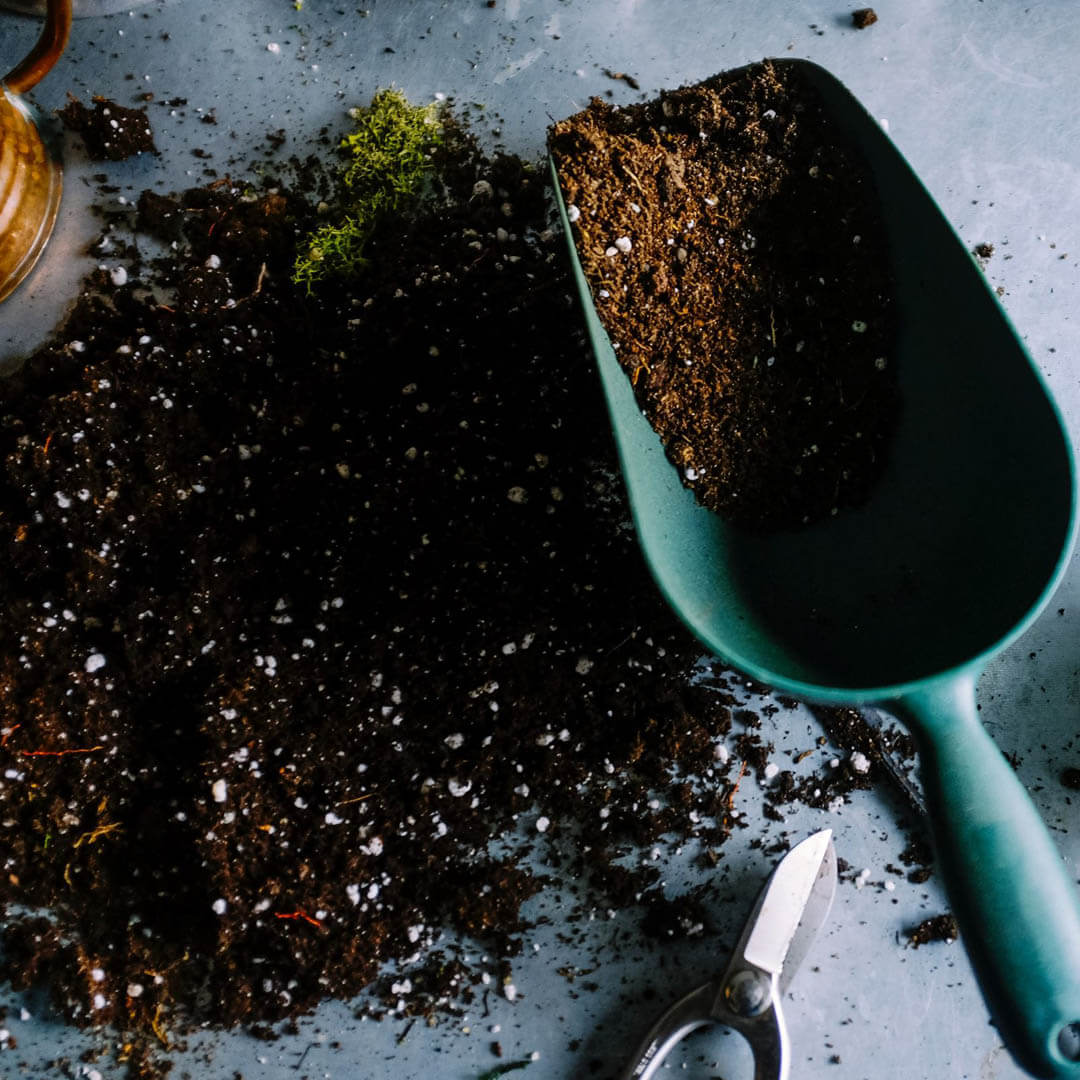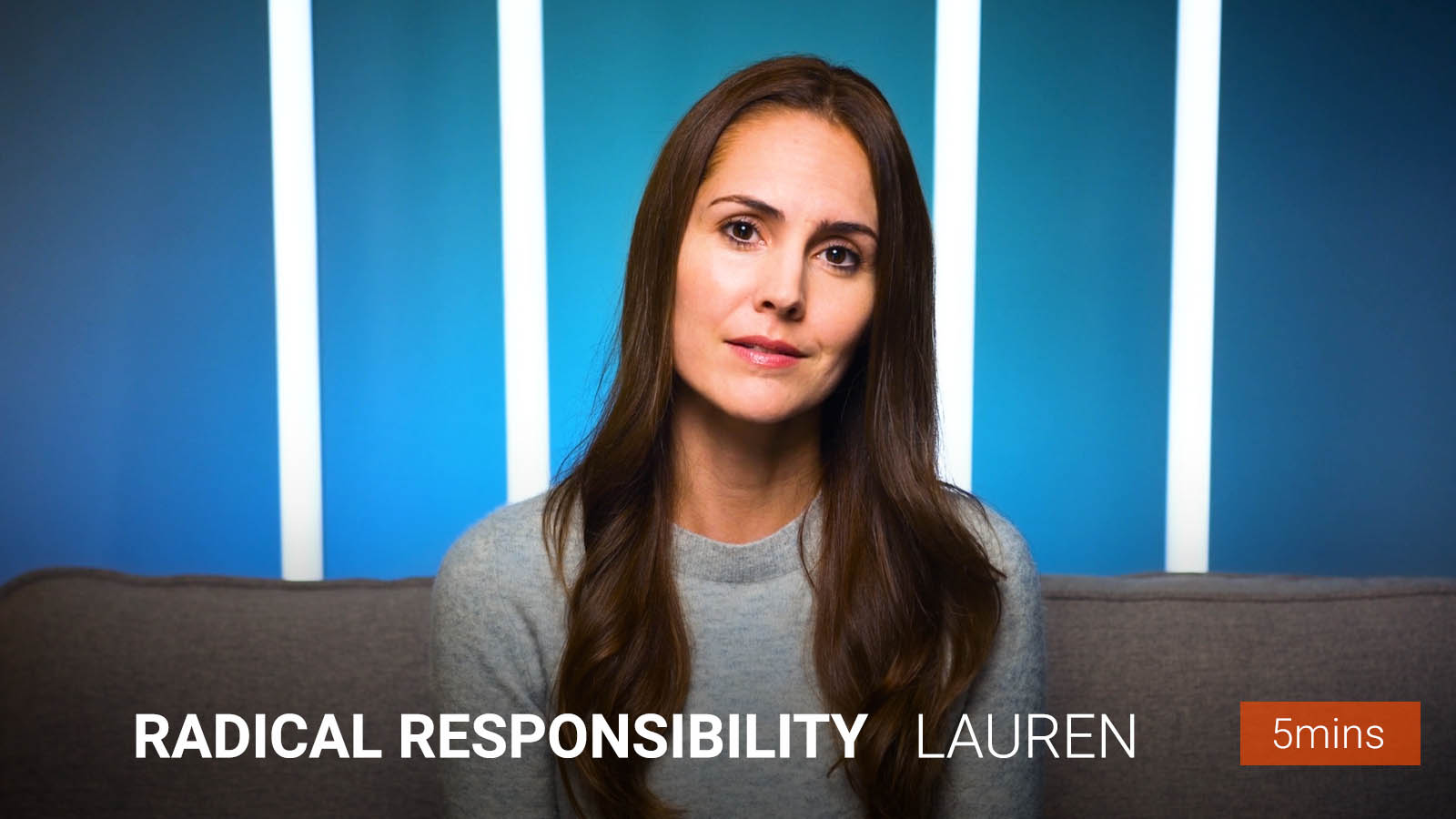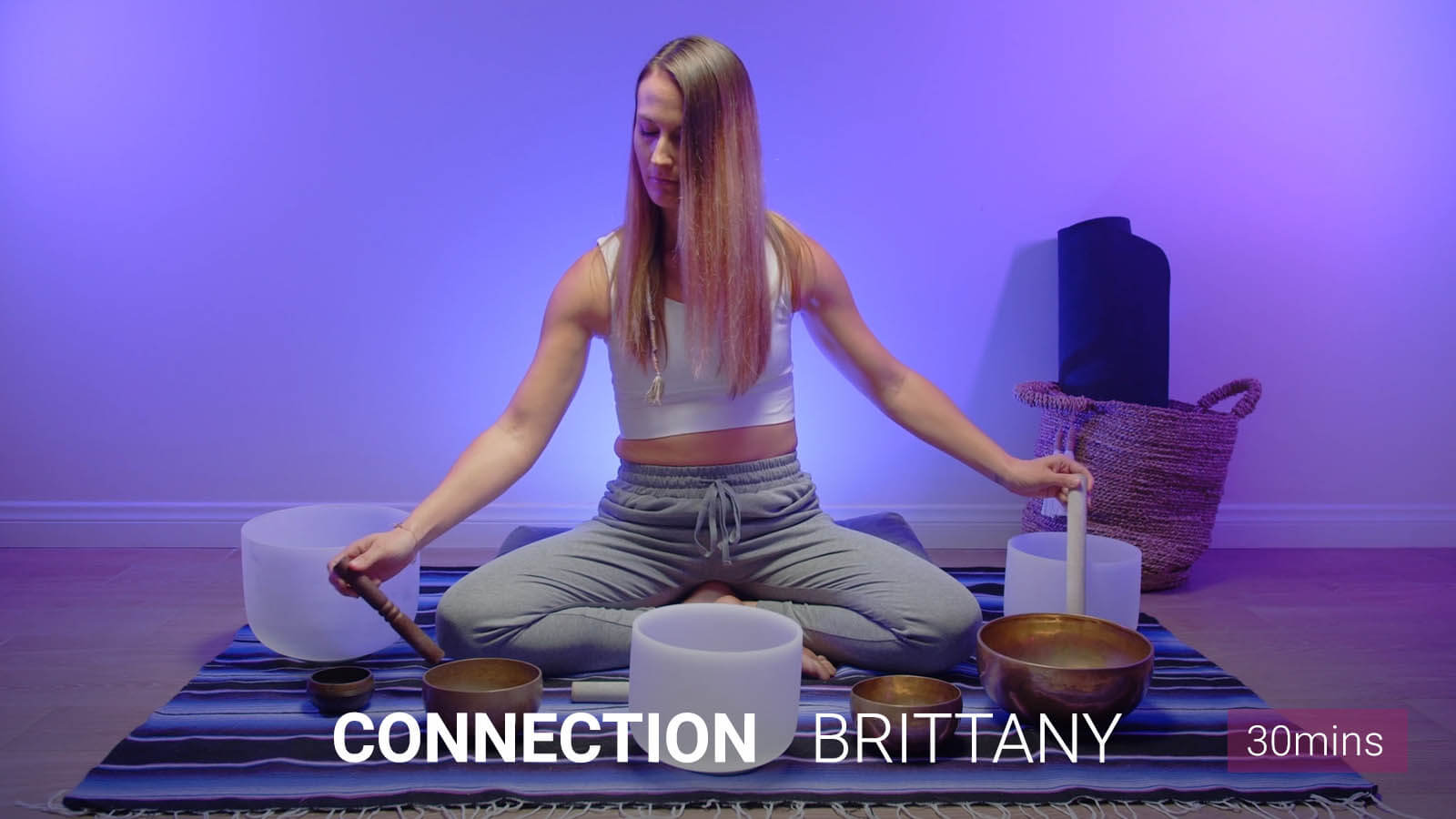Inner Reflections
June 28, 2021
Let’s Make Dirt! For a Healthier You & Planet

By Lauren
I became passionate about soil. You read that correctly. Dirt.
I’m a girl who never got her hands dirty, planted a vegetable or could keep a houseplant alive but, when I learned how soil health impacts the nutrient density of our food and the planet, my whole perspective changed.
In the US our agricultural system has become one of mono cropping – planting the same crop over and over in the same plot of land for YEARS. Industrialization of our agricultural industry has led to the degradation of our top soil and almost eliminated the nutrients from our fruits and vegetables. Research shows that today’s tomatoes are 70% less nutrient dense then they were 30 years ago! While industrialization may have been necessary to meet the needs of a growing economy and population, it is now a contributing factor to climate change and a danger to public health. Project Drawdown points out that addressing food waste and shifting agricultural practices are two of the top actions we can take to reverse climate change.
And, if you don’t think the nutrition density of your food matters all that much think about this: the NIH released a study which said 50% of cancer cases and 35% of cancer deaths can be attributed to poor diet. Poor diet is a big topic which involves conversations and policy changes to address food access, food deserts and more but, if the basic fruits and vegetables we ALL have access to at the grocery store (organic or not) no longer possess the basic nutrients we need for health and longevity, what are we to do?
We can start on our doorsteps, windowsills and in our backyards. You don’t need a lot of space, just a small area will do. Take a radical step for your health, your family and ultimately planetary health and start planting some of your own food increasing the nutrient density of your soil by composting!
Composting helps keep the cost of soil down, is fun your family and reduces waste that would otherwise go into the trash. Simply grab a pail or bucket or purchase an inexpensive compost tumbler online.
Collect your food scrapes especially egg shells, coffee grinds and the remains of fruits and vegetables. Don’t use meat or bones and avoid anything that has been treated with chemicals. You can add dead leaves and focus on collecting plant waste as well as fruit and vegetable scrapes from your kitchen.
If you’re using a bucket or tumbler, mix the compost daily. If you have space outside, create a compost pile and dump the contents there and mix it with a shovel monthly. Eventually, your mixture will start to resemble rich soil! When there are no recognizable food scrapes, your compost is ready to be used. This will usually occur toward the lower portion of your bin or pile first. You can remove whatever is ready to use and allow the remainder to stay in the bucket or pile to continue composting. Take the rich, ready to use compost and spread it in a small layer to the top of your soil to feed your growing garden with extra nutrients.
If you’re too busy to garden or compost but want to contribute to soil health, public health and take action for climate change, there are local organizations that will pickup your food waste and compost it for you.
The steps are simple. It’s up to you. For your health, the health of the planet and the protection of future generations you can do something fun and easy while making a difference now and for generations to come.
Below are some recommended practices that focus on our connection to others and the environment:
 https://www.innerdimensiontv.com/classes/connection/
https://www.innerdimensiontv.com/classes/connection/
 https://www.innerdimensiontv.com/classes/listening/
https://www.innerdimensiontv.com/classes/listening/
 https://www.innerdimensiontv.com/classes/radical-responsibility/
https://www.innerdimensiontv.com/classes/radical-responsibility/
 https://www.innerdimensiontv.com/classes/connection-meditation/
https://www.innerdimensiontv.com/classes/connection-meditation/